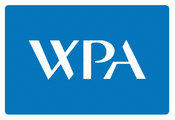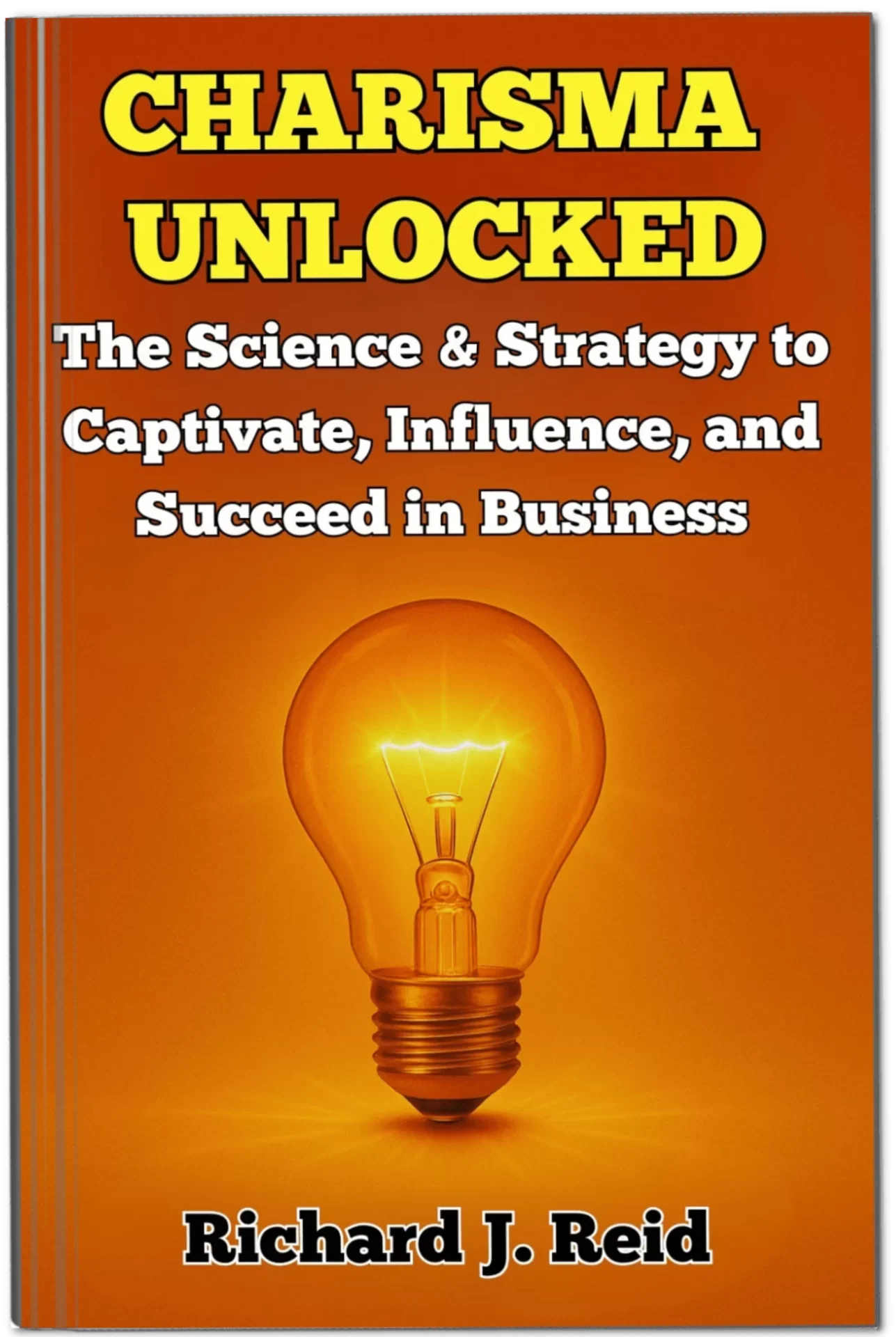Your cart
- No products in the cart.
Total:
£0.00
Premium Online Therapy & Coaching Services
We all have hopes, dreams and ambitions for our children, but sometimes these clash with reality. As parents, we can have outdated pictures in our heads of who our children really are, fixing our view of someone at a certain point or age, causing tension when that picture no longer fits.
Naturally teenagers and young people want to find their own place in the world and want to break free from the expectations they feel are holding them back. But having the ability and confidence to express how they feel and what they want is often problematic for teenagers and young adults. This is because many teenagers have not developed the emotional intelligence or the language to fully express their concerns and fears.
Youth counselling helps fix this disconnect, allowing them to be fully seen, and express themselves in a way which feels true for them without being closed and telling how that behaviour doesn’t measure up. Through youth counselling, your child will gain the ability to reflect on how they’re feeling and gain the confidence to articulate what they want.
At Pinnacle, we offer psychological assessments for teenagers and young people. However, we know that when parents are told that a psychological assessment is being recommended for their child, it can be a source of concern for some, but it shouldn’t be.
Our assessment will make sure the issue is correctly identified and help us begin to understand the roots of it, as well as the strengths and challenges that a child is facing emotionally, behaviourally and cognitively. This is the first step to helping your teenager reach their full potential.
Our aim is to counsel your teenagers as individuals rather than treat it as a family session. That’s why we see youth counselling sessions as a three-way relationship where we need to respect the confidentiality of the teenager, ensuring open and honest communication with parents and carers.
Typically the first counselling session will be with the parents before one-to-one counselling starts. We also allow the parents or carers to come in at the end if they feel the need to. Either way you’ll get regular updates.
We’ll use a combination of therapies in our youth counselling sessions that include Cognitive Behavioural Therapy (CBT), Eye Movement Desensitisation Reprocessing (EMDR) and hypnotherapy, alongside talking therapies such as counselling and psychotherapy.









Are you looking to make a lasting impression in social situations? Do you struggle to connect with others or feel your presence is often overlooked? Unlock your true potential with Charisma Unlocked.
If you feel your ability to communicate or influence is holding you back, this book provides the tools to transform your social skills. With Richard’s expert guidance and proven strategies, you’ll discover how to harness the power of charisma in everyday interactions.
By mastering techniques such as active listening, body language control, and authentic self-expression, you’ll gain the confidence to connect with others and make a powerful impact in both your personal and professional life. Take the first step toward unlocking the magnetic presence within you.
If you’re still unsure whether you need us or not then simply send us any questions you may have via the enquiry form on the right.
Search for an area of expertise:




